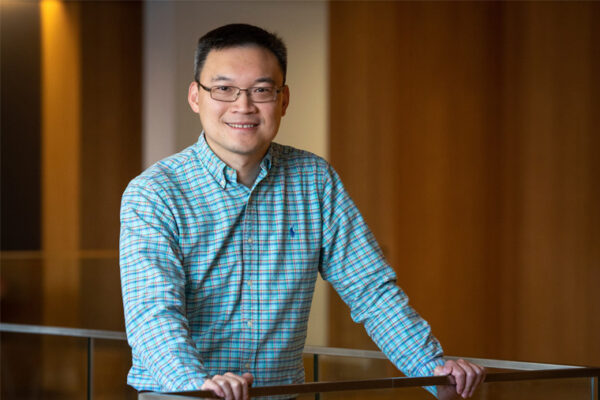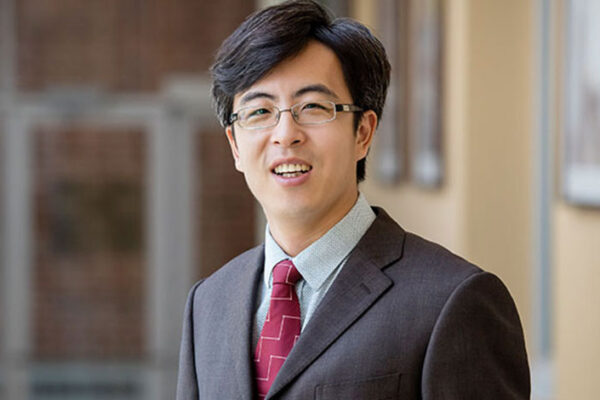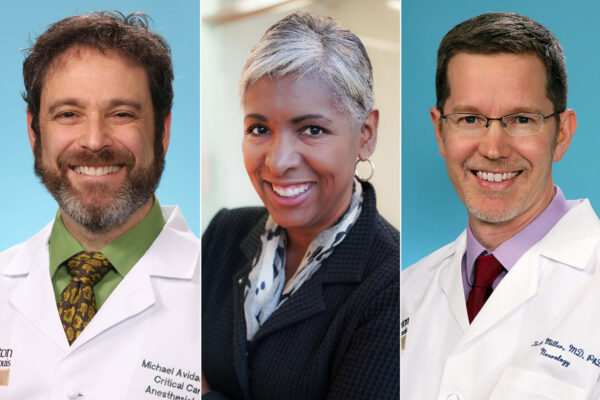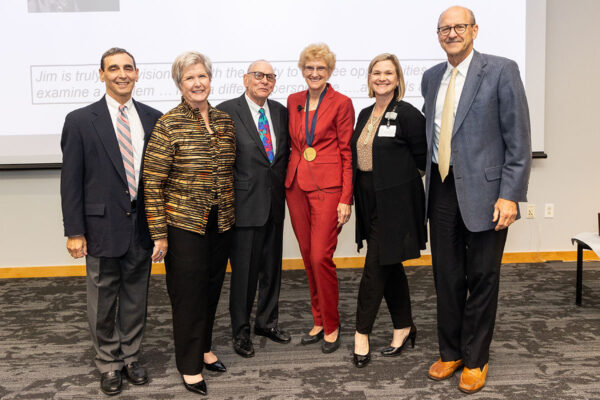Braving the Medicare minefield
Alumnus Tej Seelamsetty applies his joint interests in business and technology to a massive health-care problem.
Advancing public health at Washington University
The university has started the process to identify the inaugural dean of the new School of Public Health, planned its annual public health conference and announced a new Assembly Series speaker.
Gordon receives Albany Prize
Jeffrey I. Gordon, MD, the Dr. Robert J. Glaser Distinguished University Professor and director of the Edison Family Center for Genome Sciences & Systems Biology at the School of Medicine, has been recognized with the 2023 Albany Medical Center Prize in Medicine and Biomedical Research.
Baldridge receives Avenir Award for early-career scientists
Dustin Baldridge, MD, PhD, an assistant professor of pediatrics at the School of Medicine, has received a 2023 Avenir Award in Genetics and Epigenetics of Substance Use from the National Institute on Drug Abuse.
High school founded with help of med school leader receives accolades
Collegiate School of Medicine and Bioscience won accolades this summer as among the tops in Missouri and the nation. The Saint Louis Public Schools magnet high school was co-founded by the School of Medicine’s Will Ross, MD.
Medicaid expansion in Missouri led to reduction in out-of-pocket costs
After Medicaid expansion began in Missouri in July 2021, the proportion of emergency department visits financed by Medicaid rose by nearly 15 percentage points, while the proportion of such visits financed by the uninsured dropped by 14 percentage points, finds a new analysis from the university’s Center for Advancing Health Services, Policy and Economics Research.
Shedding light on mechanisms behind Alzheimer’s disease
Song Hu at the McKelvey School of Engineering plans to develop deep-brain fiber-optic techniques to investigate the cause of memory loss in Alzheimer’s disease.
An named AAHB fellow
Ruopeng An, an associate professor at the Brown School, has been accepted as a fellow in the American Academy of Health Behavior, the professional home for health behavior scholars and researchers.
Avidan, England, Miller elected to National Academy of Medicine
Anesthesiologist Michael S. Avidan, MBBCh, reproductive biologist Sarah K. England, PhD, and neurologist Timothy Miller, MD, PhD, all of the School of Medicine, have been elected to the National Academy of Medicine, one of the highest honors in the fields of health and medicine in the United States.
Brozanski installed as inaugural Gould professor of pediatric quality and safety
Beverly Brozanski, MD, of Washington University School of Medicine in St. Louis, has been named the inaugural Susan and James C. Gould Professor of Pediatric Quality and Safety.
Older Stories









